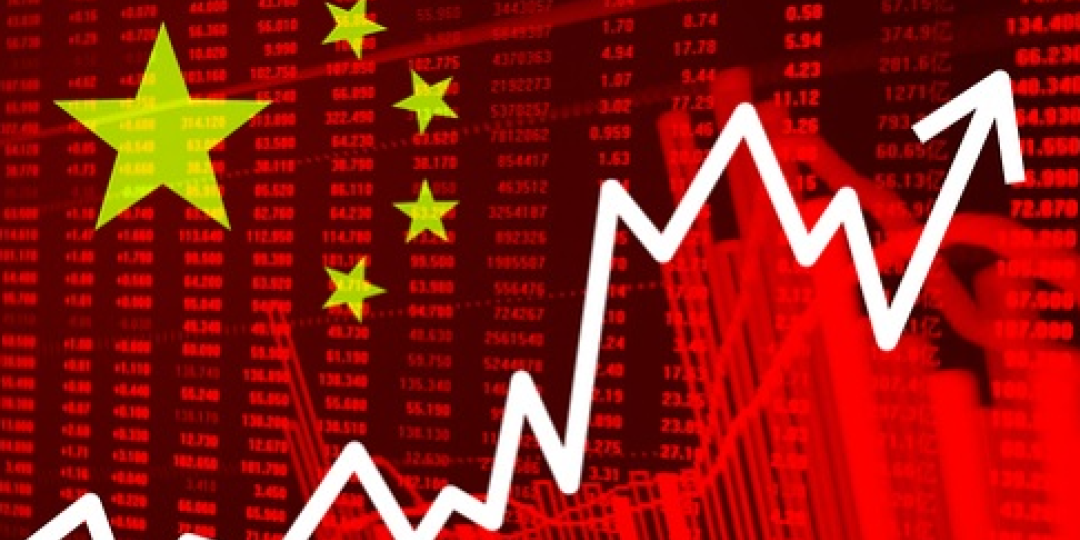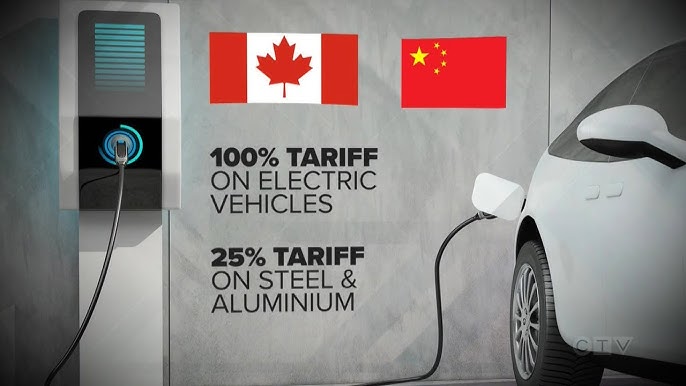
Christopher A. McNally, Professor of Political Economy, Chaminade University
Oct 25, 2024
China’s recent monetary stimulus measures initially boosted stock markets but quickly fell short of reviving domestic demand and investment. A "whatever it takes" approach with more forceful fiscal stimulus is essential to reset consumer and investor confidence.
He Weiwen, Senior Fellow, Center for China and Globalization, CCG
Oct 18, 2024
Republican proposal, along with heavy tariffs promised by Donald Trump and certain retaliation by U.S. trading partners, would drive the global economy into a new Great Depression. Rather than trying to punish China, the U.S. should continue to maintain dialogues and establish practical trade and investment collaboration.
Shang-Jin Wei, Professor, Finance and Economics at Columbia University
Oct 08, 2024
The timing of China’s new stimulus package is not coincidental. Arriving just before the 75th anniversary of the People’s Republic, the announcement was well-received by equity investors, leading to a surge of more than 15% in the country’s main stock indices.
Dong Yifan, Associate Research Fellow, Belt and Road Academy of Beijing Language and Culture University
Oct 08, 2024
Continued conflation of economic issues with geopolitical concerns may hinder Europe’s ability to reverse its gradual decline of influence within both emerging industries and the broader international economic landscape. Ultimately, it will squander its limited resources.

Hugh Stephens, Distinguished Fellow, Asia Pacific Foundation of Canada
Oct 04, 2024
As one of the United States’ closest allies in the West, Canada’s foreign policy tends to generally align with that of the U.S. With anti-China tensions building in both countries, Canada’s latest moves could end up hurting its relationship with China without a more nuanced approach.
Zhang Jun, Dean, School of Economics, Fudan University
Sep 30, 2024
In the wake of China’s exit from its zero-COVID strategy, the government has recognized the need to address the economic risks arising not only from suppl
Yu Xiang, Senior Fellow, China Construction Bank Research Institute
Sep 30, 2024
The rare 50-basis-point interest rate cut is the American central bank’s response to a slowing economy. It will inevitably have far-reaching effects. For China, it is likely to influence capital flows and cause fluctuations in China’s financial markets. It will also put upward pressure on the yuan, which could hurt the country’s exporters.
Kemel Toktomushev, Research Fellow, University of Central Asia
Sep 27, 2024
Kyrgyzstan doesn’t make global headlines often, but its central location between China, Russia, and Europe makes it a necessary partner for new developments in Central Asia. How does far-flung Germany fit into the picture as Kyrgz leadership ramps up its infrastructure?
Sep 27, 2024
In this interview with CUSEF President James Chau, Professor Lawrence Lau discusses his book "Is the Chinese Economy a Miracle or a Bubble?" and explains China'
Li Bin, Professor, Tsinghua University
Yang Jihong, PhD student, Tsinghua University’s Department of International Relations
Sep 21, 2024
Some political elites in the United States believe that the government can pressure companies that have left the country to return on the basis of national security. This simplistic view ignores the laws of economic development, emphasizing the rosy up-side while ignoring the negative consequences.
Back to Top

- China-US Focus builds trust and understanding between the U.S. and China through open dialogue among thought leaders.
- Our Offerings
- Topics
- Videos
- Podcasts
- Columnists
- Research Reports
- Focus Digest
- Stay Connected
-
Thanks for signing up!
- Get the latest stories from China-US Focus weekly.